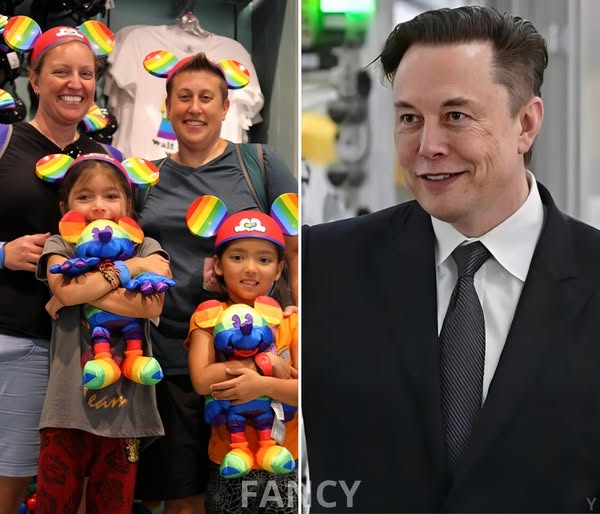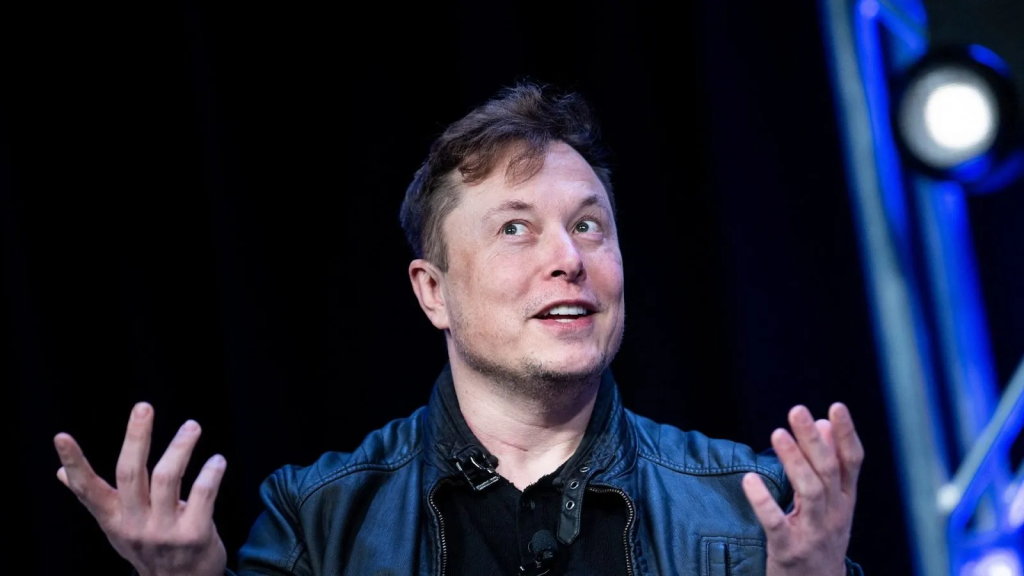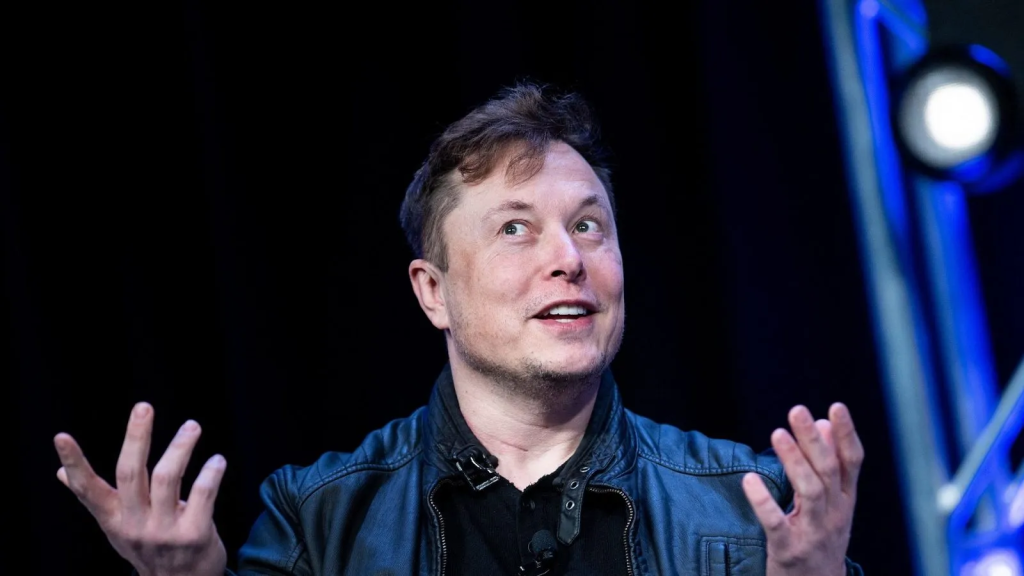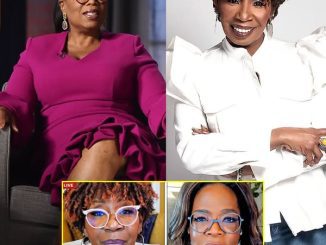Elon Musk Bans Disney’s Pride Content on X (formerly Twitter) – A Bold Stance Against “Woke” Culture

Elon Musk, the influential CEO of Tesla, SpaceX, and the owner of X (formerly Twitter), has recently made headlines with a bold move that has sparked significant debate. Musk announced that he is banning Disney’s Pride-related content from being shared on his platform, X. Known for his outspoken stance against “woke” culture, Musk has long been a critic of progressive ideologies, particularly their influence on media and entertainment. In this latest action, he claims that such content is not appropriate for children and should be excluded from the platform entirely. This decision has raised important questions about censorship, corporate influence, and the rights of parents in shaping the media consumption of their children.
Elon Musk’s Stand Against “Woke” Culture: A Bigger Issue at Play

Elon Musk’s decision to ban Disney’s Pride content is the latest chapter in his ongoing battle against what he views as an overreach of progressive agendas, especially when it comes to media aimed at young audiences. Musk has been a vocal critic of what he considers “woke” culture, believing that certain messages—especially around gender identity and sexual orientation—are being pushed too early and too forcefully on children.
In a post on X, Musk made his reasoning clear: “Woke is not for kids,” he wrote, emphasizing that parents should have the authority to decide when and how their children are introduced to complex social issues such as gender and sexual identity. Musk argues that such topics should not be thrust upon children by corporations like Disney. This stance represents Musk’s broader commitment to promoting media consumption that he deems more responsible, something he believes is increasingly rare in the modern media landscape.
“Parents should have the right to choose when and how their children are introduced to complex issues like gender and sexual identity, not have it pushed on them by corporations,” Musk stated. This latest move aligns with Musk’s public persona as someone who frequently challenges what he sees as the imposition of political or social ideologies through media content.
The Response from Disney and LGBTQ+ Advocates: A Divisive Reaction
The backlash against Musk’s decision was swift and intense. While Disney has yet to issue a formal statement on the matter, the entertainment giant, which has long positioned itself as an advocate for LGBTQ+ rights and inclusion, is facing criticism from supporters of LGBTQ+ advocacy groups. These organizations argue that Musk’s ban is a direct attack on efforts to normalize LGBTQ+ representation in mainstream media.
Sarah Thompson, a prominent LGBTQ+ advocate, condemned Musk’s decision, saying, “Disney has always been a leader in pushing for inclusion and diversity. Elon Musk’s decision to ban Pride content is an attempt to silence important conversations about equality and the normalization of LGBTQ+ people in society. Children need to see positive representation of all kinds of people, and Pride content offers that.”

However, Musk’s supporters maintain that his actions are in line with his opposition to what they view as the growing influence of corporate activism on young minds. Many parents are backing Musk’s move, claiming that companies like Disney are imposing their own political and social values on children at an inappropriate age.
“I completely agree with Elon,” said John Carter, a father of two. “Children should not be exposed to political messaging before they’re ready. Disney’s Pride agenda is just another example of corporations pushing their values onto families.”
The Bigger Picture: The Battle Over Free Speech and Corporate Influence
Musk’s ban on Disney’s Pride content is just one example of the larger cultural and political battles playing out in the public sphere today. At the heart of this controversy is the issue of free speech and the growing influence of corporations on public discourse, particularly through social media platforms like X. As social media becomes increasingly dominant in shaping how we communicate and consume information, debates over what content should and should not be allowed on these platforms are becoming more heated.
For Musk, this decision fits within his broader mission to make X a platform for free speech—one that does not cater to a particular political or social agenda. He has positioned himself as a defender of the idea that social media should be a space where all voices can be heard, without being subjected to censorship or ideological biases. However, critics argue that Musk’s actions represent a form of censorship in and of themselves, undermining the platform’s potential to be a space for diverse voices and ideas.

This situation also highlights the increasing power of corporations like Disney, which have become not only sources of entertainment but also key players in shaping public opinion on social issues. As major companies like Disney embrace progressive values, they often find themselves at odds with conservative figures like Musk, who argue that such actions are not in the best interest of society—particularly when it comes to the influence of children.
Looking Ahead: What Musk’s Actions Mean for the Future of Social Media and Corporate Content
Musk’s actions are likely to have far-reaching implications for the future of both social media and corporate content. As both sides of the debate continue to clash, it remains unclear what the long-term consequences will be for brands, media companies, and users of platforms like X.
For now, Musk’s ban on Disney’s Pride content serves as another flashpoint in the ongoing cultural war between those who advocate for inclusivity and diversity and those who feel that such values should not be imposed on children or forced onto platforms without broader consent. Musk’s actions bring the issue of corporate influence on media consumption into sharper focus, sparking questions about the role of social media in shaping societal values.
As debates over freedom of expression and the role of corporations in public discourse continue to unfold, one thing is certain: the conversation about the intersection of corporate power, media representation, and free speech is far from over. Musk’s move could mark a pivotal moment in the ongoing battle between corporate interests, public opinion, and the future of social media. Whether you view it as a necessary stand against corporate overreach or a concerning step toward censorship, this debate is sure to continue to evolve in the coming months.


